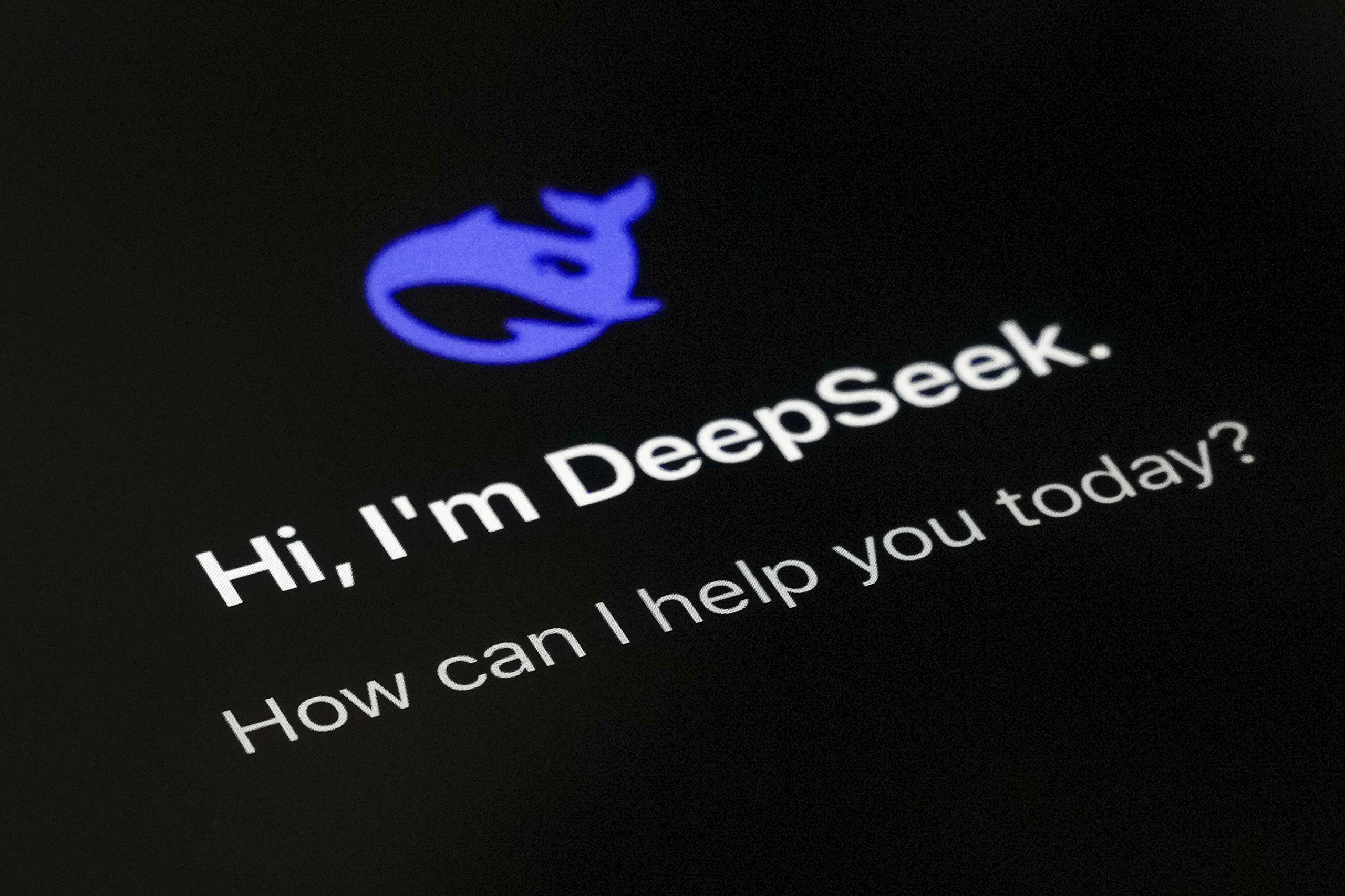China is fast encroaching on the US’ lead in the artificial intelligence race – raising concerns that Beijing could use the tech for strategic military advancements and the spread of disinformation, according to a report.
Multinational banks, public universities and tech firms across Europe, the Middle East, Africa and Asia have started to pivot to language learning models from Chinese firms like DeepSeek, according to a Wall Street Journal report.
DeepSeek’s bot triggered a massive stock sell-off in the US earlier this year amid claims that it took less time and a fraction of the cost to develop compared to American counterparts.
Global banking giants HSBC and Standard Chartered have launched internal testing of the Chinese model, while Saudi Aramco, the world’s largest oil company, recently installed the bot in its main data center, according to the Journal.
American tech giants like Amazon Web Services, Microsoft and Google offer DeepSeek to customers – even as the Trump administration has banned the use of the Chinese model on government devices.
OpenAI’s ChatGPT is still the world’s most popular AI chatbot, with 910 million downloads worldwide compared to DeepSeek’s 125 million, according to researcher Sensor Tower.
But Chinese bots are winning over users with much lower prices. And while US firms tend to focus on headline-worthy breakthroughs, China’s models are more consumer-friendly, according to the Journal.
“The No. 1 factor that will define whether the U.S. or China wins this race is whose technology is most broadly adopted in the rest of the world,” Microsoft President Brad Smith said during a Senate hearing last month.
“Whoever gets there first will be difficult to supplant,” Smith warned.
China is already exploring how it could exploit advances in AI for strategic military advances, according to papers published in military journals.
If Beijing wins over the majority of users, its bots would serve as a powerful megaphone to cast out information reflecting its own view of the world.
And, if China at some point stops cooperating with the US on safety and security measures, its unrestricted artificial intelligence could lead to unprecedented military and societal threats.
Chinese firms have already succeeded despite several hurdles, including a harsh clampdown on US chip exports.
Those trade roadblocks could also hurt American tech giants like Google, Meta and Nvidia, the latter of which is estimated to lose out on $10 billion in revenue without sales of its H20 AI chip to Beijing, according to researcher Jefferies.
It’s a substantial change from just a few years back, when US investors in 2018 covered about 30% of $21.9 billion in funding for the Chinese AI sector, according to PitchBook.
Every morning, the NY POSTcast offers a deep dive into the headlines with the Post’s signature mix of politics, business, pop culture, true crime and everything in between. Subscribe here!
OpenAI has been focused on expanding its AI reach across Europe and Asia in order to preserve some industry dominance.
“We want to make sure democratic AI wins over authoritarian AI,” OpenAI CEO Sam Altman said in May.
China’s lower price tags could pressure US rivals like OpenAI and Anthropic to justify their own prices.
“DeepSeek is overall the same quality but 17 times cheaper,” Oleg Zankov, co-founder of Latenode, which helps clients build custom AI tools, told the Journal.
Many Chinese bots are also released as open-source models, meaning tweaks can be made, which has made them even more competitive.
Developers have created more than 100,000 derivative models based on Alibaba’s flagship open-source model, according to Alibaba.
And clients concerned about data security might also prefer open-source models that can be taken offline.










